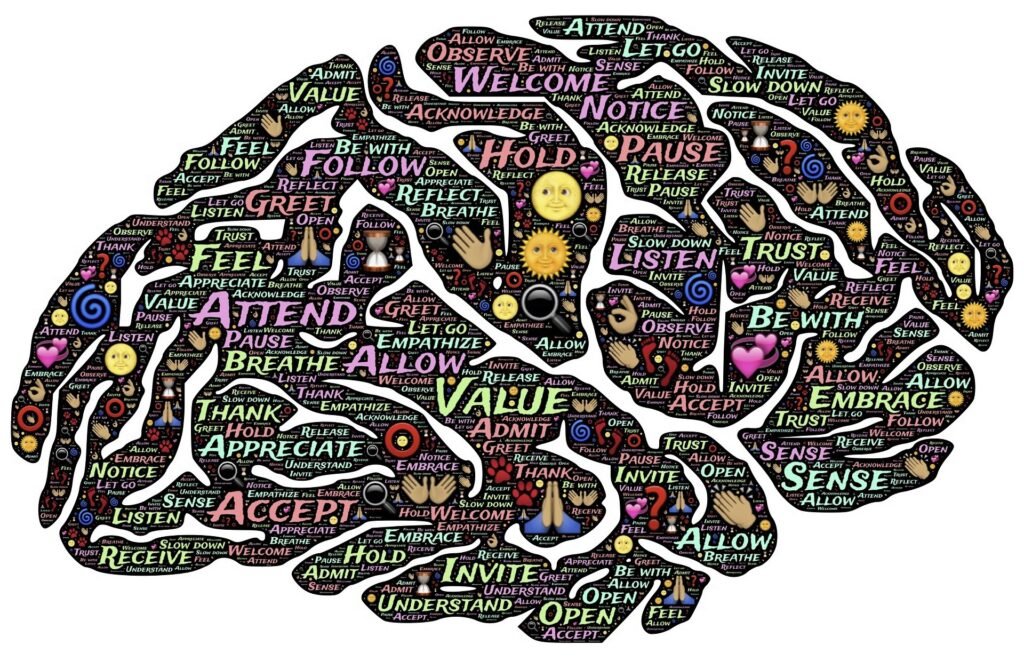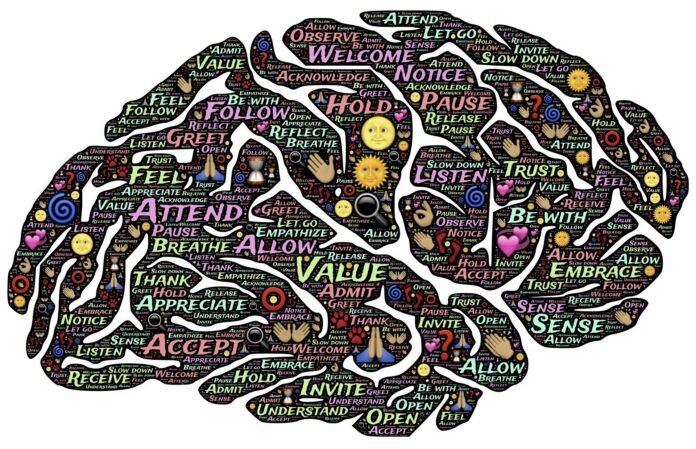Introduction:
Many of us struggle to maintain balance in our lives, deal with stress, and juggle various tasks in today’s fast-paced world. Amidst the chaos, the practice of mindfulness has emerged as a powerful tool for promoting mental well-being, reducing stress, and enhancing overall quality of life. In this article, we’ll explore the concept of mindfulness, its benefits, and practical tips for incorporating mindfulness into your daily routine to experience positive transformation.

Understanding Mindfulness:
Mindfulness is the practice of being fully present and engaged in the present moment, with an open and non-judgmental awareness of your thoughts, feelings, sensations, and surroundings. It involves paying attention to the present moment without dwelling on the past or worrying about the future. Mindfulness encourages us to cultivate a sense of acceptance, compassion, and gratitude for the present moment, regardless of its circumstances.
Benefits of Mindfulness:
Numerous studies have demonstrated the profound benefits of mindfulness for mental, emotional, and physical well-being. Practicing mindfulness regularly has been shown to reduce stress, anxiety, and depression, improve mood and emotional regulation, enhance cognitive function and focus, boost resilience and adaptability, and promote overall happiness and life satisfaction. Additionally, mindfulness has been linked to better sleep quality, reduced inflammation, and improved immune function.
Incorporating Mindfulness into Daily Life:
While the concept of mindfulness may seem abstract or intimidating to some, incorporating mindfulness into your daily life can be simple and accessible. Start by setting aside a few minutes each day for formal mindfulness practice, such as meditation, deep breathing exercises, or body scan techniques. Locate a calm, cozy area where you may unwind and turn your attention within. As you become more comfortable with formal practice, gradually integrate mindfulness into your daily activities, such as eating, walking, or engaging in everyday tasks, with intention and awareness.
Cultivating Mindful Awareness:
Mindfulness is not just about meditation or relaxation; it’s about cultivating a state of mindful awareness in every aspect of your life. Practice bringing mindfulness to your daily experiences by paying attention to your thoughts, emotions, and bodily sensations as they arise throughout the day. Notice any habitual patterns of thinking or reacting, and gently redirect your attention back to the present moment. Use mindfulness as a tool for self-awareness, self-regulation, and self-compassion, allowing yourself to respond to life’s challenges with greater clarity, equanimity, and resilience.
Nurturing Mindful Relationships:
Mindfulness can also enhance the quality of your relationships by fostering deeper connections, empathy, and compassion towards others. Practice active listening and being fully present with loved ones during conversations. Cultivate a sense of curiosity and openness to others’ perspectives and experiences. Approach conflicts or disagreements with mindfulness, seeking to understand rather than react impulsively. By nurturing mindful relationships, you can cultivate greater harmony, understanding, and intimacy in your interactions with others.
Conclusion:
Incorporating mindfulness into your daily life has the potential to bring about profound transformation, allowing you to cultivate greater peace, presence, and purpose in every moment. By embracing mindfulness as a way of being, you can navigate life’s challenges with greater clarity, resilience, and compassion, ultimately experiencing a deeper sense of fulfillment and well-being. Whether through formal meditation practice or simply being more present in your daily activities, the power of mindfulness lies in its ability to awaken you to the richness and beauty of life, one mindful breath at a time.

